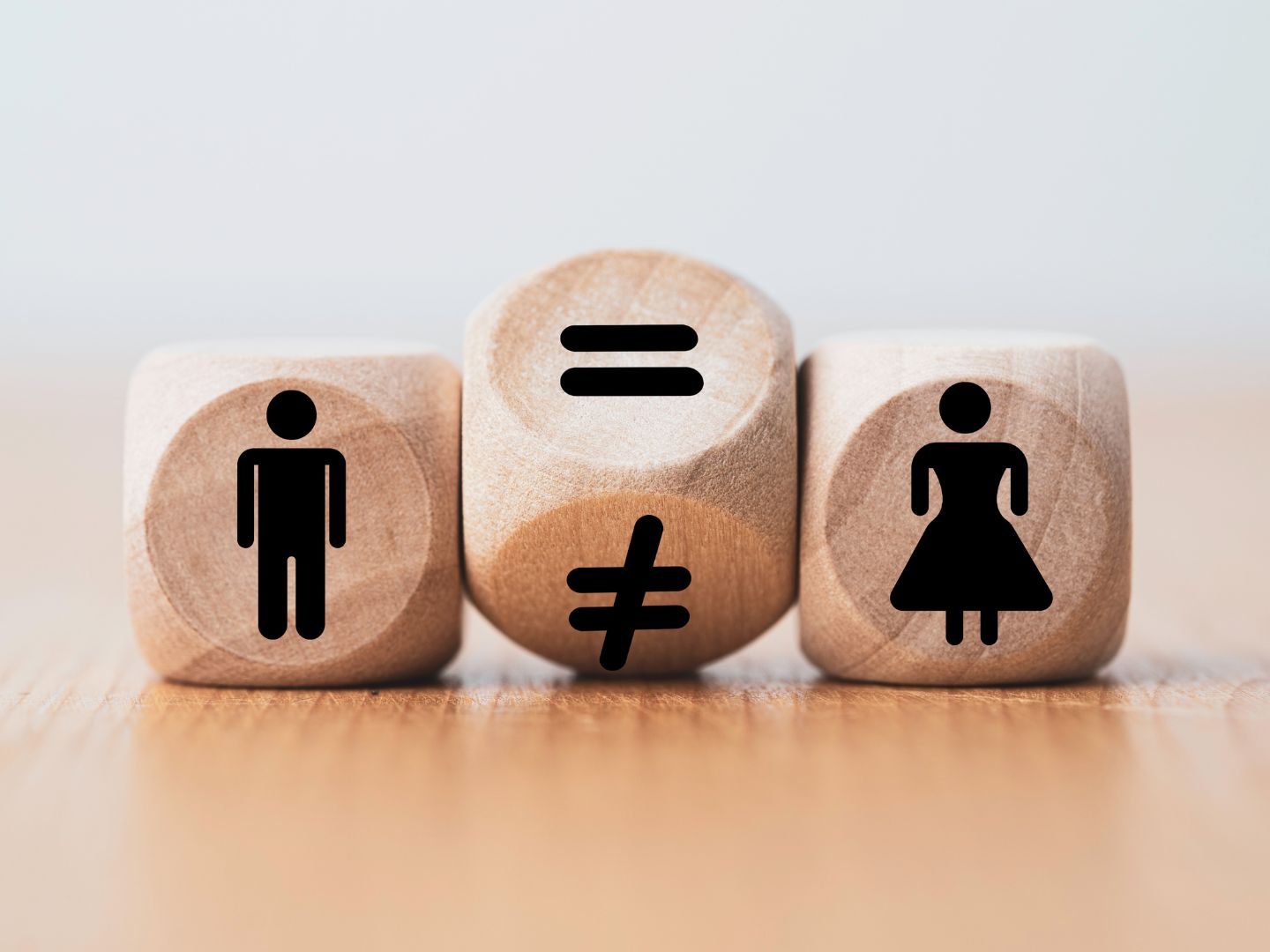152 years: According to a report by the aid organization CARE ("The Cost of Inequality"), this is how long it will take at the current pace to close the economic gap between women and men. And whether it will be closed at all seems far from certain.
Blockade for Equality: AI Replaces Women More Often Than Men in Jobs
Women, in particular, are under additional pressure due to technological progress and the opportunities that Artificial Intelligence (AI) opens up. The problem is that women are significantly less likely to work in so-called STEM jobs, i.e., in the fields of mathematics, engineering, science, and technology, than men. The ratio is about one to two-thirds. In the traditional energy sector, the proportion of women is only 16 percent. 785 million women worldwide remain offline at work. Conversely, in workplaces that can be replaced by AI, there are about 21 million more women than men.
Women in Sub-Saharan Africa Care for an Average of Six to Ten People
Women in the countries of Sub-Saharan Africa have always been massively affected by inequality. And it has gotten worse over time, says Dolika Banda, a board member of CARE USA and an expert in development finance, in an interview with APA. "Every woman today has to provide for at least six people in a household, and up to ten," Banda shared her own experiences. "She has no choice and must be prudent and creative to put food on the table for everyone every day, to send the children to school, and in many cases to deal with a dysfunctional partner. And then there's the neighbor who has no money but also has four children, and her mother and mother-in-law, whom she also has to care for."
Over 90 Percent of Men in Sub-Saharan Africa Contribute Little to the Burden of Care
Women in large areas of the African countries south of the Sahara practically bear the burden of family care alone. "I don't know if you've noticed. But when you drive through the villages of Zambia and see the women selling fruits and vegetables or generally trading in consumer goods, there are men sitting under the trees, young, old, teenagers, who are obviously doing nothing," Banda, who was born in Zambia, recounted. "And this is not limited to Zambia: Uganda, South Africa, practically everywhere. Even in the cities."
In Mozambique, APA recently heard that 98 percent of men in the country are completely useless. "That's a bit of a strong statement. I don't know if it's 98 or 90 percent. But the vast majority of men in our countries are not exactly constructive when it comes to daily economic necessities," Banda said. "Men find it very difficult to move away from a position of authority and waiting for food to be prepared for them. Even when they go to university, the first thing they do is find a girlfriend to help with washing and cooking because they can't do it themselves," Banda explained. Accordingly, they also cannot deal with resourceful, strong, autonomous, and independent women.
Male Loss of Control and Violence: CARE Strengthens the Position of Women
"When we undertake a CARE project - such as the WAYREP project in Uganda - the focus is on empowering women," explained Banda. For men, however, this means a loss of control in their mindset. "How can I best restore my authority over this woman? She now has money, she is independent, she can challenge me, she influences the children. The answer is abuse: that is the only way I can reassign her place." This leads to gender-based violence.
Women Need Their Own Networking Strategies and Online Safety
Banda also addressed male strategies that are helpful in securing certain positions: "They go to watch football, they meet on the golf course. And that's where the deals are made." Her conclusion: "We need to create our own golf courses."
The CARE report notes: Due to a lack of investment in the education and training of girls, the global economy misses out on around ten trillion dollars (9,472.39 billion euros), with 210 billion of that in African countries south of the Sahara alone.
And it is unlikely to get better. Women and girls are at risk of completely losing touch with the transformation of the working world, which is driven by AI and the massively increasing demand for "green jobs." This is partly because the internet is a place where they do not feel safe, and therefore limit their online presence. According to CARE, this affects almost nine out of ten women. However, this results in losing access to work, education, and healthcare, which is associated with higher costs and lower income, as stated by the aid organization in its report.
More Affected by Crises: The Path to Self-Employment and Out of Inequality
The subordinate position of women in economic life also plays a significant role in resilience to crises, as Dolika Banda explained. While the upper or highest-income third benefits more from a flourishing economy than the lower third, it is also more resilient to crises. And this particularly affects women in the lower third: "They are hit much harder."
What can be done about it: "I don't know. If I knew, I would be part of the upper third," said the financial expert. "The only thing that helps is advocacy. It is a tool that helps us create economic tools with which women can thrive economically." Banda advocates for the next step to be giving women in African states south of the Sahara, who have been given the opportunity in many projects to become self-employed - for example, as hairdressers or tailors - the means of production. "So also the machines," she emphasized. However, the further development of the financial system is also necessary to enable the establishment of small and medium-sized enterprises.
(APA/Red)
This article has been automatically translated, read the original article here.






